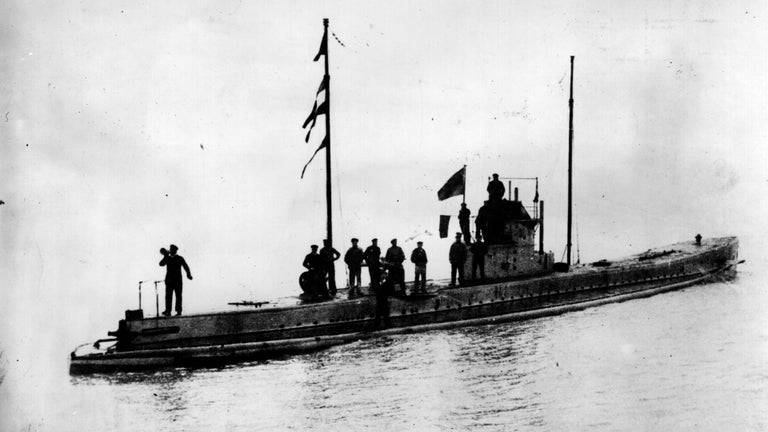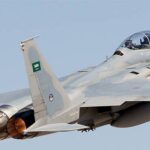Was it a smart choice for Germany to focus on U-boat production instead of other ships during World War II?
Was it a smart choice for Germany to focus on U-boat production instead of other ships during World War II? Germany’s decision to prioritize U-boat production during World War II was a strategic gamble that had significant advantages and drawbacks, shaped by the broader naval and geopolitical realities of the war.
Advantages of U-boat Focus
Strategic Alignment with Germany’s Goals:
Germany aimed to disrupt Allied supply chains, particularly across the Atlantic. U-boats were well-suited for commerce raiding, making them a logical choice for this strategy.
Resource Efficiency:
Building U-boats required fewer resources compared to larger surface ships like battleships or aircraft carriers, which Germany lacked the industrial capacity to produce in large numbers.
Technological Edge:
Early in the war, German U-boats were highly advanced and effective. The “Wolfpack” tactics, coordinated by radio, allowed multiple submarines to overwhelm convoy defenses.
Asymmetrical Warfare:
Germany recognized it could not match the Allied navies, particularly the British Royal Navy and later the U.S. Navy, in terms of surface fleet size. U-boats allowed Germany to punch above its weight in naval engagements.
Drawbacks of the U-boat Focus
Limited Versatility:
U-boats were highly specialized and not as effective in broader naval engagements or supporting amphibious operations. They couldn’t control sea lanes or project power like surface fleets.
Allied Countermeasures:
The initial success of U-boats led the Allies to develop effective countermeasures, such as improved sonar, depth charges, convoy systems, and long-range patrol aircraft. The introduction of radar and escort carriers in the mid-war period severely curtailed U-boat effectiveness.
Underutilization of Surface Fleet:
Resources and attention diverted to U-boats meant that Germany’s surface fleet (e.g., the Bismarck, Tirpitz) was underdeveloped and underutilized. These ships, though formidable, played relatively minor roles due to lack of coordination and insufficient numbers.
Dependence on Naval Warfare:
By focusing heavily on U-boats, Germany placed a significant portion of its war effort on a strategy that ultimately failed to achieve decisive results. The Battle of the Atlantic, while prolonged, was eventually won by the Allies.
Alternative Choices
Germany could have:
Invested more heavily in surface ships and aircraft carriers to challenge Allied naval dominance directly.
Focused on a balanced naval strategy, combining U-boats with a stronger surface fleet and air support to secure broader operational flexibility.
Concentrated resources elsewhere, such as air superiority or land operations, to complement its Blitzkrieg tactics.
Conclusion
The focus on U-boat production was a reasonable choice given Germany’s initial strategic goals and limitations. However, it ultimately fell short due to the Allies’ ability to adapt and Germany’s inability to maintain its technological edge or integrate its naval strategy effectively with broader war aims. In hindsight, a more balanced naval strategy might have offered greater long-term utility.


